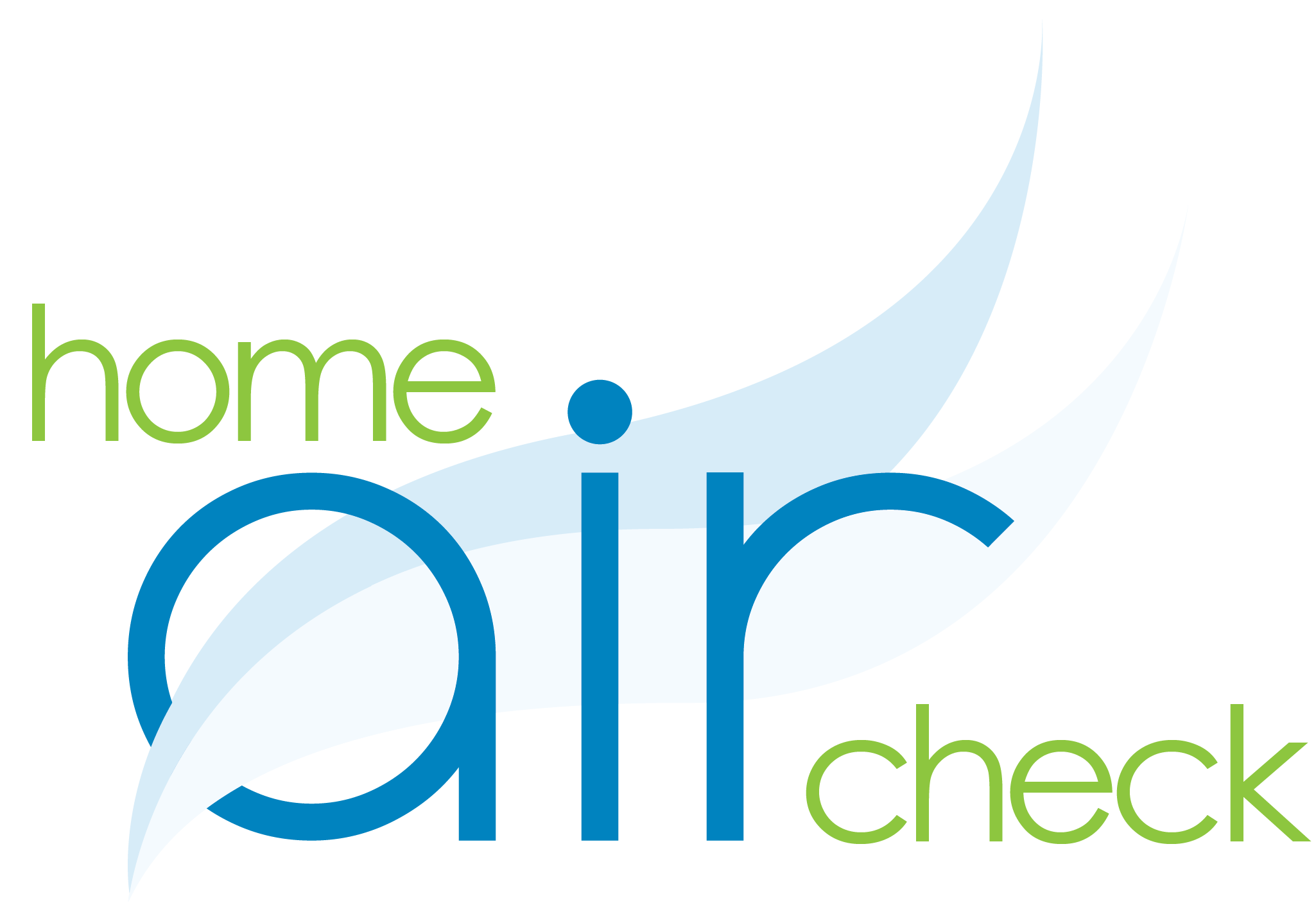The summer months bring warmth, sunshine, and the desire to spend more time outdoors. For these reasons, many say summer is their favorite time of year. However, it’s extremely important to ensure that the air we breathe inside our homes is clean and healthy. Poor indoor air quality can contribute to various health issues, such as allergies, respiratory problems, and even decreased productivity. In this blog, we will discuss some valuable tips to help you maintain healthy indoor air during the warm summer months.
ONE – Keep Indoor Spaces Clean
Regular cleaning is essential for maintaining healthy indoor air quality. Dust, pollen, pet dander, and other allergens can accumulate quickly, especially when windows and doors are open. Your cleaning efforts should focus on ways you can reduce the accumulation of unhealthy particles, such as mold spores. Try to keep clutter to a minimum as it can trap and hold dust. Be sure to keep up with tasks such as dusting surfaces, vacuuming carpets and upholstery, and mopping floors regularly to minimize the presence of these particles. Don’t forget to clean frequently overlooked areas, such as ceiling fans, blinds, and vents!
TWO – Proper Ventilation
Good ventilation is key to circulating fresh air and expelling chemical pollutants from your home and can even help control indoor humidity. Two types of ventilation that can help improve unhealthy air are “Spot Ventilation” and “Dilution Ventilation” , spot ventilation is more focused and draws air from a particular location as dilution ventilation helps control low-level contamination throughout the home.
During the summer, try to open windows and doors in the early morning or late evening when the outdoor air quality is generally better. Use window screens to keep insects out while allowing fresh air to flow in. Additionally, consider installing exhaust fans in high-humidity areas like bathrooms and kitchens to remove excess moisture and prevent mold growth.
THREE – Manage Indoor Humidity
Excessive humidity can promote the growth of mold, mildew, and dust mites, which can worsen indoor air quality and trigger allergies. Use dehumidifiers in damp areas to maintain humidity levels, a reasonable target is between 30% and 50%. To help measure these levels, low-cost hygrometers are available at most hardware stores. Pay attention to rooms with poor ventilation or areas you find more amounts of moisture, such as basements and laundry rooms. Be sure to fix any leaks as soon as they are found and ensure proper drainage to prevent water accumulation.
FOUR – Control Outdoor Pollution
While we cannot control the quality of outdoor air, we can minimize the pollutants that enter our homes. During the summer months, pollutants like pollen, dust, and vehicle emissions are more prevalent. A sure way to help control outdoor pollution is to close windows and doors during peak traffic hours or when outdoor pollution levels are high. Consider using air purifiers or high-quality air filters in your HVAC system to capture airborne particles and allergens. Your HVAC system will help improve your indoor air by allowing more air to circulate, increased air circulation means that the system is filtering the air in your home more frequently. This can be beneficial to those who suffer from allergies and asthma.
With this in mind, your HVAC system plays a crucial role in maintaining indoor air quality. Be sure to schedule regular maintenance checks to make sure your system is clean and functioning efficiently. Always replace air filters according to the manufacturer’s recommendations, as clogged filters can impede airflow and reduce filtration effectiveness for healthy indoor air.
If you are curious about the quality of your indoor air, check out our different analytical services to assess YOUR home’s IAQ score CLICK HERE.


